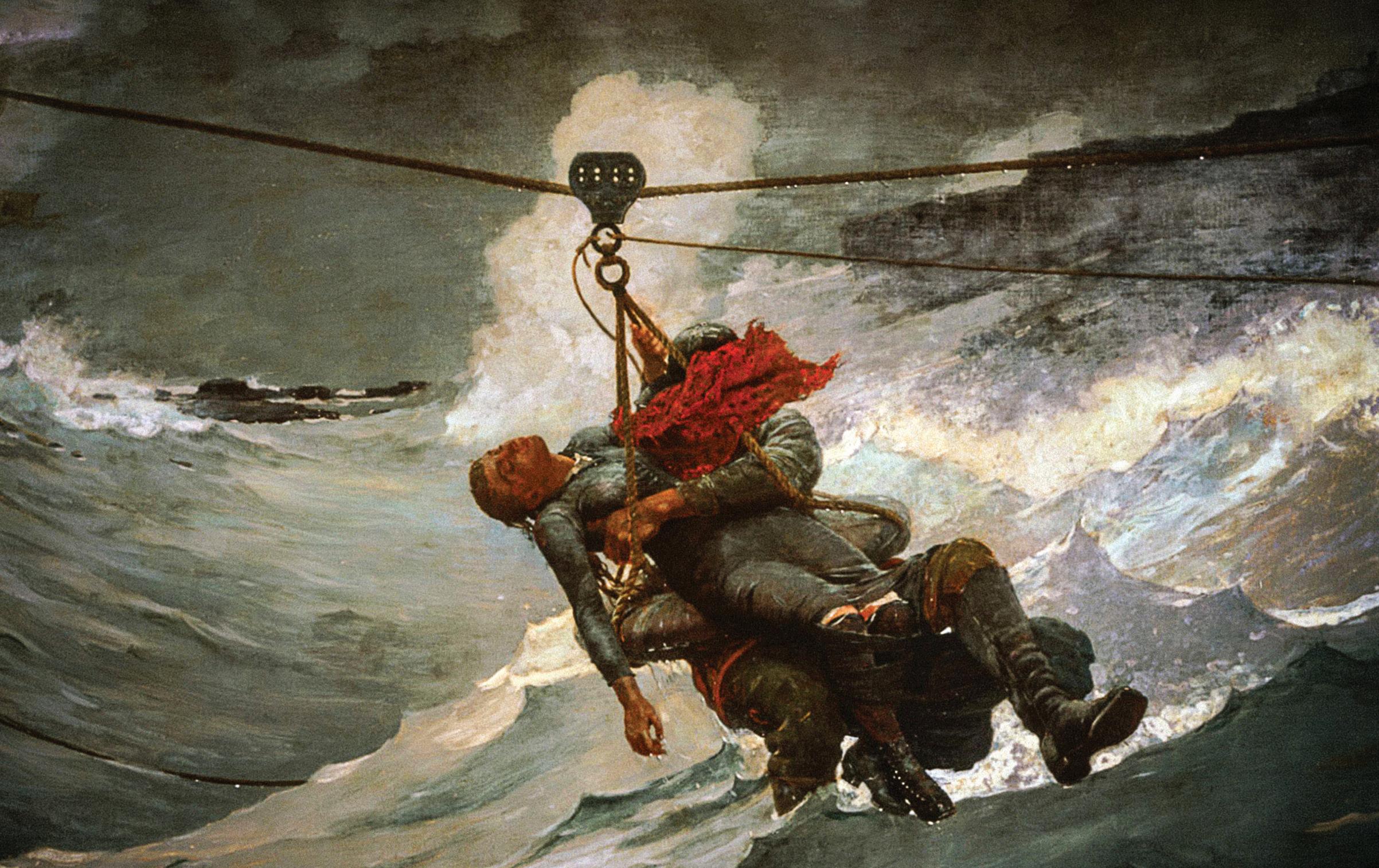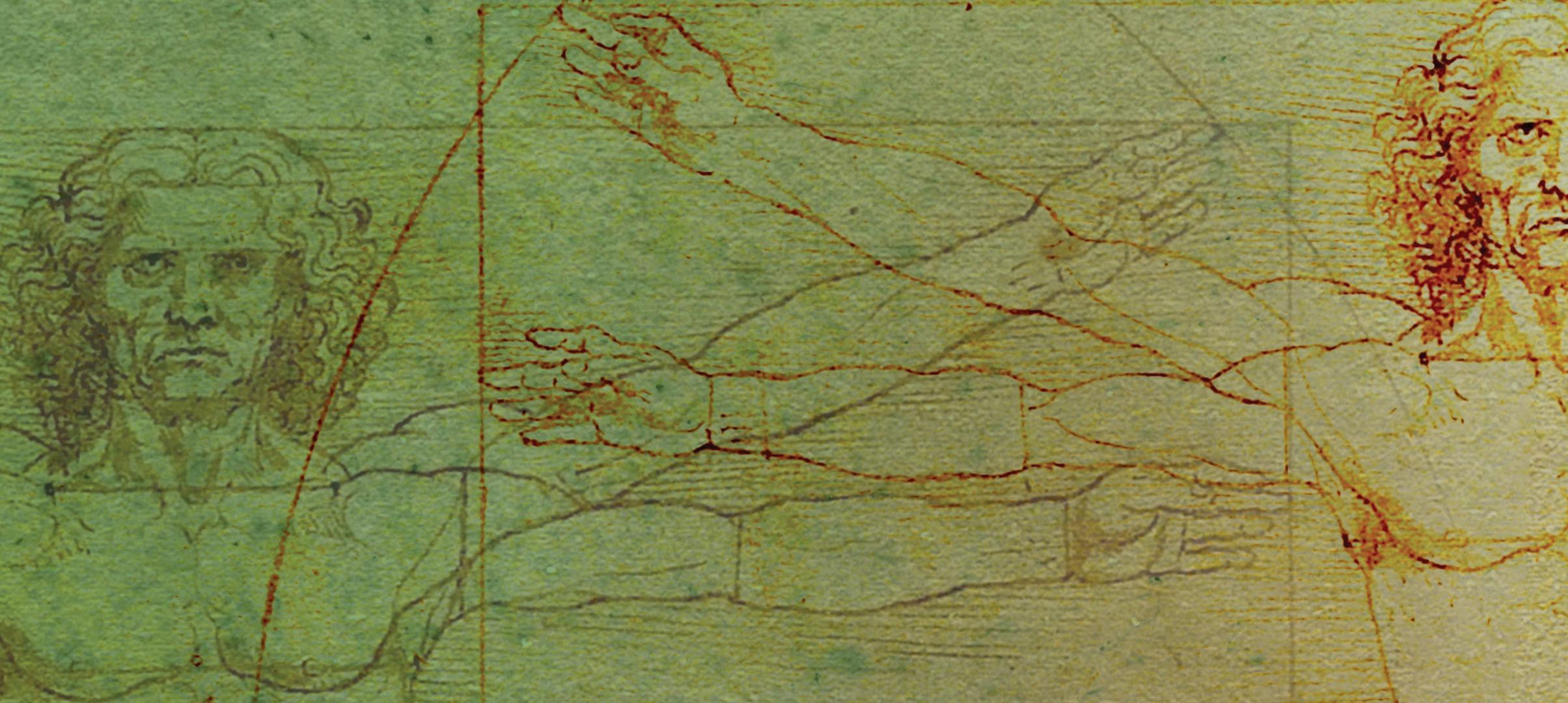
2 minute read
The Screwtape Letters by C. S. LewisBook Review
C. S. Lewis' Screwtape Letters begins with two dedicatory quotes, one from the Protestant Martin Luther and one from the Catholic Thomas More, both articulating a great truth—and the one that informs this book: The Devil cannot endure to be mocked.
Lewis is one of a small handful of Christian authors whose popularity extends well beyond a religious audience. This is partly due to the popularity of his fictional works, such as The Chronicles of Narnia, which, although their underlying themes are clearly Christian, are not explicitly Christian on the surface. But if any of his theological nonfiction books might be familiar to those outside the Christian community, it is The Screwtape Letters. It has the widest audience of his religious works, largely, I would venture, because of the completely novel approach he takes in the book to Christian ethical issues.
A book by a Christian author that simply tells the reader about the problem of sin is commonplace, even if done very well. But The Screwtape Letters shows us how to avoid sin by illustrating the secrets of temptation, as told from the perspective of two devils. The book is a series of letters from a senior devil, Screwtape, to a junior devil, Wormwood, telling him all about the weaknesses of human beings and how they are best diverted from the straight and narrow. All the strategies are here—how relationships can be poisoned, how the habit of prayer can be discouraged, how insecurities can be exploited and appetites corrupted.
We know how we, Lewis' readers, view sin. We know how attractive it is and how easy it is for us to justify it, mostly by pretending to ourselves that it isn't important. But it is so much easier to see the true ugliness and irrationality of sin if we view it from the demonic perspective.
This book was not easy for Lewis to write. In an interview in 1963 he said, "Making goods 'bad' and bads 'good' gets to be fatiguing." Having to put words in the Devil's mouth that were both Hellish in their stated intent and Heavenly in their import is not a task that just anyone could pull off. But Lewis does it magnificently. It is possibly his greatest literary achievement.
Lewis makes the Devil into his ventriloquist's dummy and puts on a comedy show (one that it is hard to imagine the Devil was happy about). And, although the reader finds himself highly amused by Lewis' humor, the deadly seriousness of the subject is not lost.
The final chapter, "Screwtape Proposes a Toast," in which Screwtape addresses the annual banquet for the Tempters' Training College for Young Devils, is simply one of the best and most delightful things Lewis ever wrote.
Lewis finds a way to both mock the Devil and do it in a way that teaches us to better defend ourselves against him.









